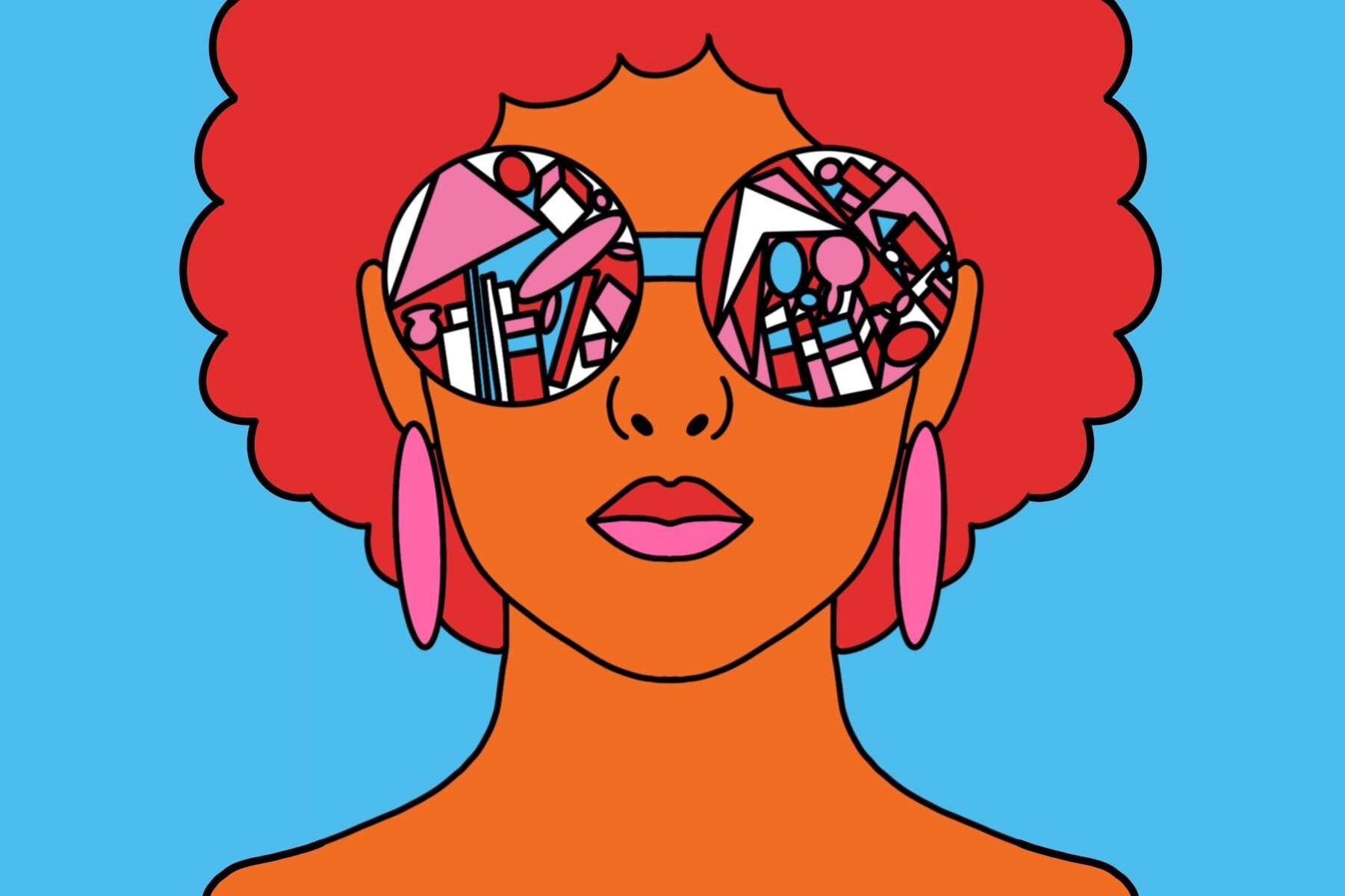Material objects are what give us value. Or that’s what modern society would like us to believe. From buying the newest iPhone to upgrading every appliance in our homes, we’re constantly encouraged to spend money, buy the newest version of whatever society is obsessed with and upgrade our lives in the process.
We are spoon-fed the idea that having the newest model of everything makes us valid, cool and “in.” This is partly because America is a capitalist society; since our economy literally thrives on people spending money, it makes sense that we would be encouraged to do so, but what’s the cost? Does this just contribute to mental clutter?
Studies show that those who are more materialistic tend to be experience less satisfaction with their life and are more likely to develop depression. Not only can materialism cause dissatisfaction, it can also damage our relationships and make us more anxious.
This is interesting because this means that the very thing society encourages us to do can actually really damage our emotional health, starving us from the connections and hobbies that can actually make us happy.
It’s not just spending money that does this though, is it? The same principle can be applied to scrolling through social media, feeling the need to always be productive and ignoring our feelings in favor of “sucking it up.”
All of these pastimes that society preaches to us can be damaging after a certain point. Nevertheless, it can’t be denied that money is at the heart of many thoughts and worries. From the anxiety of not being able to meet basic needs to the distress of needing to pare down one’s lifestyle, many fears surrounding money appear around a deficit.
While this is especially true right now, and for more people than normal, this can still be a good time to evaluate whether the objects we choose to surround ourselves with are useful, or if they just fill our minds with mental clutter.
Like the famous Marie Kondo who took Netflix by storm through sparking joy, it’s imperative to judge what we have by whether they add to our happiness or not. Personally, I went through what I call a “life purge” earlier this year.
During this purge, I went through everything I owned and judged whether to keep or toss by asking myself a few questions. When was the last time I used this? Does it have sentimental value? What’s the likelihood that I’m going to use this again?
If the item hadn’t been used for a while, I didn’t see myself using it much in the future and it didn’t mean anything special to me, then it was tossed. If it was something visual like art I judged it by whether I still liked it and found it beautiful. If it was old technology, like my pink MP3 player from fourth grade, then it was donated. Scarves I never wore were donated to my best friend, who loved them and gave more life to them than I have in years.
Through this method, I was able to either donate or toss about half of what I owned and, surprisingly, clear up a lot of mental space. With less material objects around me, my brain felt clearer and more focused on the main priorities in my life. It was as if clearing away physical clutter had literally cleared away some mental clutter, allowing me to stay in the moment when working on homework or joking around with my roommate.
I’m sure to someone else looking in, it might have seemed extreme but to me it was a necessary urge. It was something I had to do to feel more peace. In fact, I’m not alone in this sentiment.
Many people find mental clarity and joy through practicing minimalism, a simple way of living characterized by few material objects. This doesn’t mean you have to throw away everything you own to practice minimalism though.
Since it means different things to different people, you can practice it to whichever degree you want. Whether that means performing a “life purge” like me, donating clothes you don’t wear anymore or becoming minimalistic to the highest degree, it’s all up to you and how you want to live your life.
For me, I try to practice minimalism by focusing on quality over quantity. I would much rather own a few high-quality objects than buy more than I need and become anxious from both the physical clutter and mental clutter. Or at least make sure that everything I buy has a purpose and a place. This way, I know I’m not buying too many unnecessary objects and am keeping my materialism to a minimum.
Let’s face it. Most of us are at least a little materialistic, but that’s not a bad thing. It’s okay to have objects in your home that don’t necessarily have a practical purpose. I know that I kept quite a few objects from my purge purely for sentimental reasons and I’m fine with that. Those objects have sentimental value to me for a reason and I’m not going to throw them away just because they don’t have a practical purpose in my life, and you shouldn’t feel pressured to do so either.
Besides, minimalism isn’t for everyone. Just because I felt better after purging my life of unnecessary objects doesn’t mean you will. Everyone’s mind is different and we all function in different ways. I do think it’s an interesting thing to consider though, especially when research and society are at opposite sides of the spectrum on what’s supposed to make us happy. Either way, it’s up to you to decide because I don’t feel like throwing away any of your stuff.

















